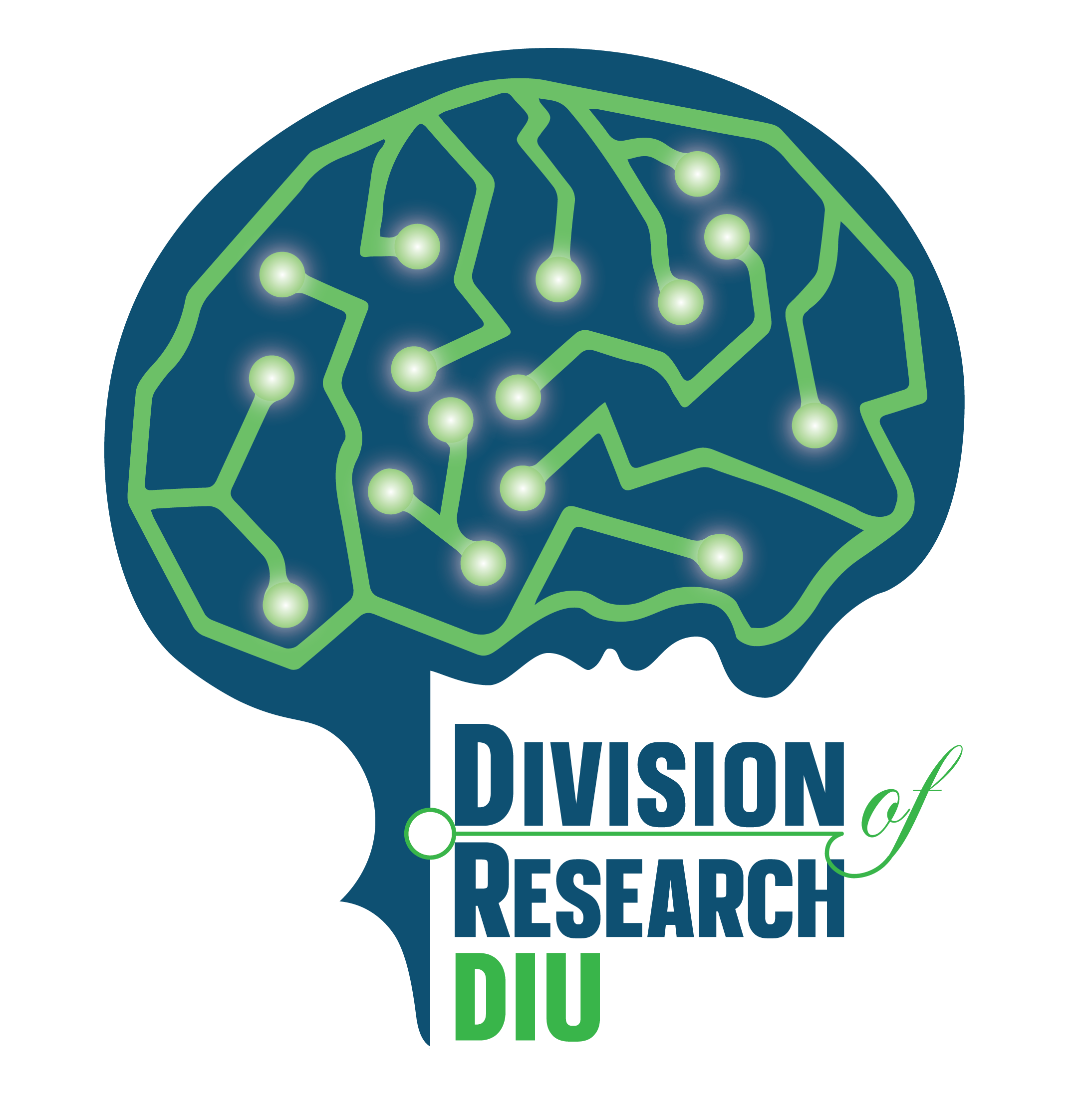Paper Details
- Title
- Skin disease detection employing transfer learning approach- a fine-tune visual geometry group-19
- Author
- Mohammad Al-Habib Islam, Mohammad Jahangir Alam, Mohammad Rahmatul Kabir Rasel Sarker, Mushfiqur Rahman, Sarkar Mohammad Shahriyar,
- jahangir.cse@diu.edu.bd
- Abstract
-
Your skin may become damaged by skin diseases and conditions. These illnesses can cause skin changes such as rashes, inflammation, itching, and other skin changes. While some skin conditions may run in families, others may result from a person’s way of life. Skin conditions may be treated with pills, creams, ointments, changes in diet, and lifestyle modifications. Deep learning algorithms for computer vision applications have advanced quickly thanks to a significant amount of data for training the model and advancements in evaluation of proposed that can provide stronger simplifications. Undesired skin disease regions are eliminated, quality is raised, and the disease is tinted by discarding artifacts, decrease noise, and improving the image. Three augmentation techniques have raised the quantity of skin disease images. The five transfer learning models and various convolutional neural network (CNN) architectures analyzed the augmentation dataset. Visual geometry group-19 (VGG-19) offers the highest level of accuracy. Following the segmentation of the dermoscopic images, the affected skin cells' features are extracted using a feature extraction technique. The retrieved features are stratified using a CNN classifier, that is focused in deep learning. The best outcomes were obtained using the hyper-tuned VGG-19, which had test and validation accuracy of 99.21% and 99.25%, including both.
- Keywords
- Journal or Conference Name
- Indonesian Journal of Electrical Engineering and Computer Science
- Publication Year
- 2023
- Indexing
- scopus

